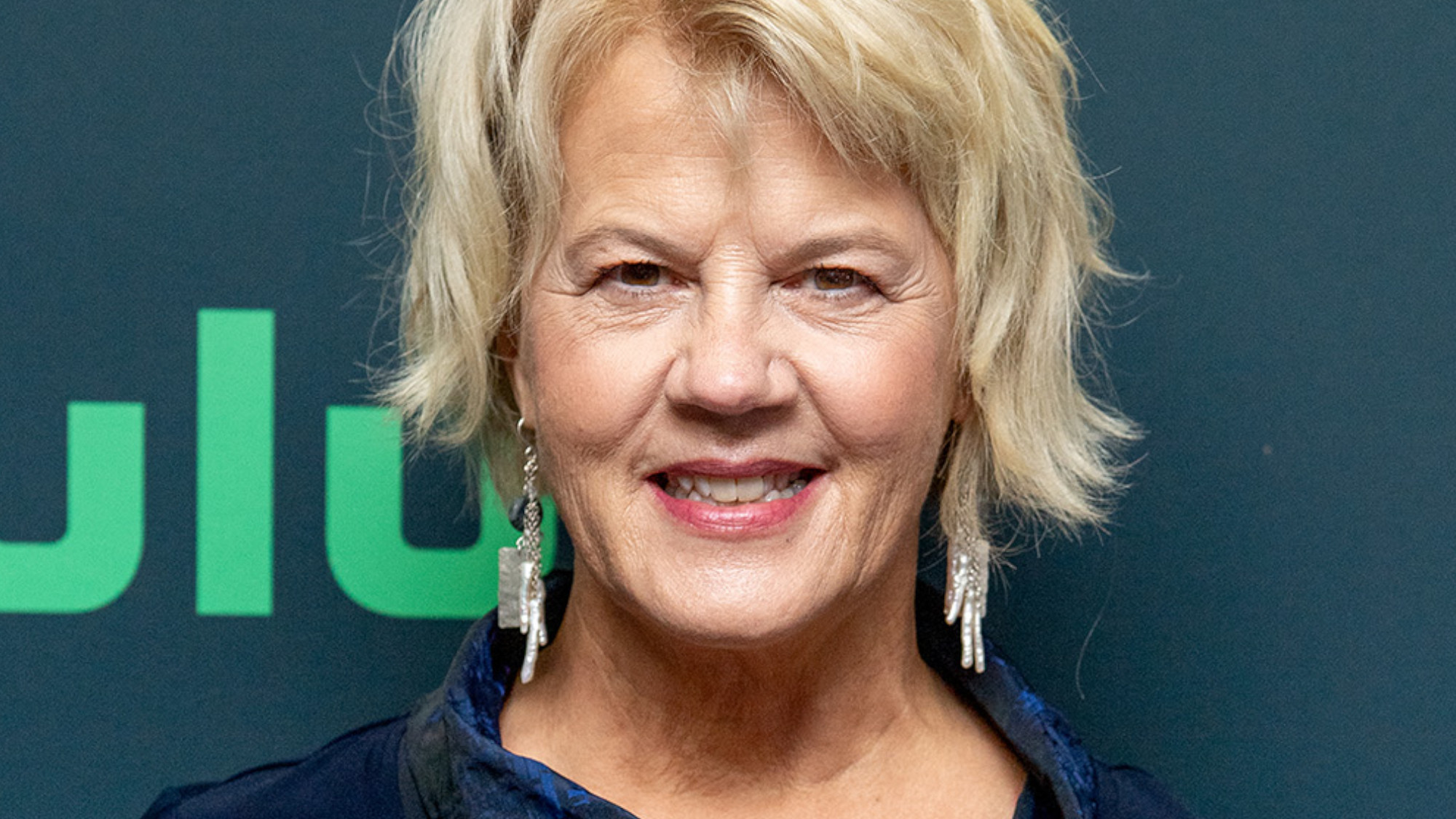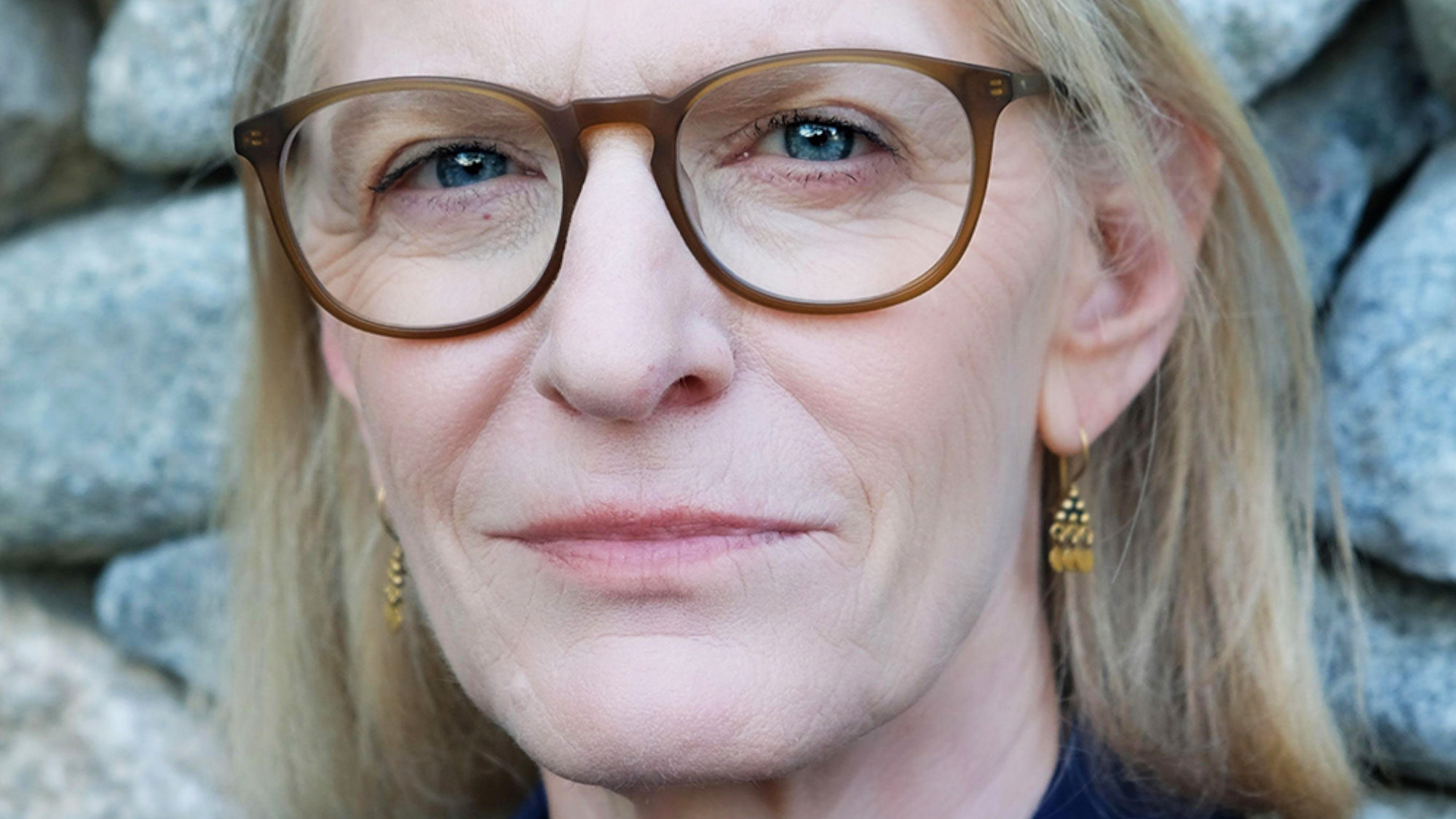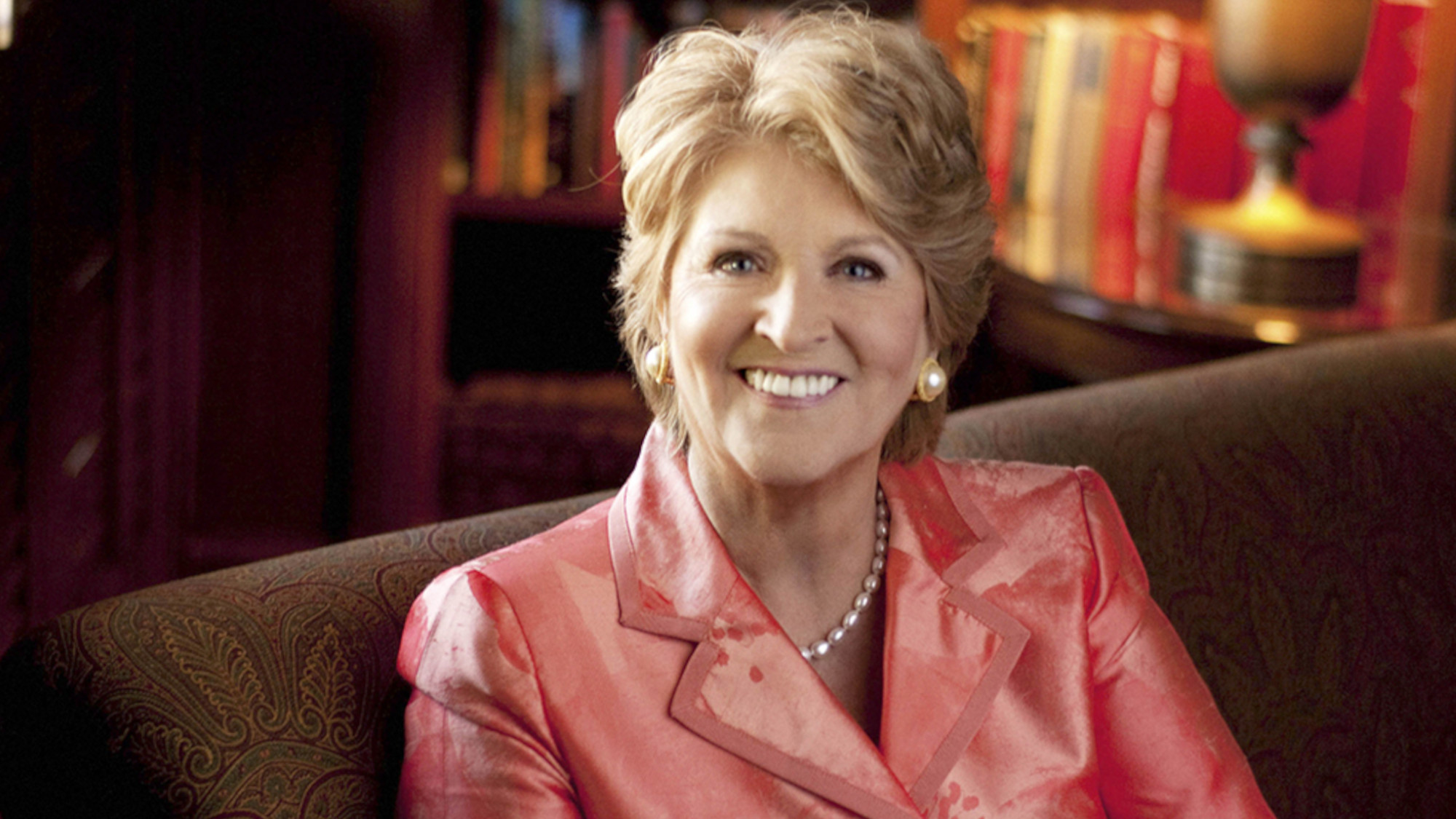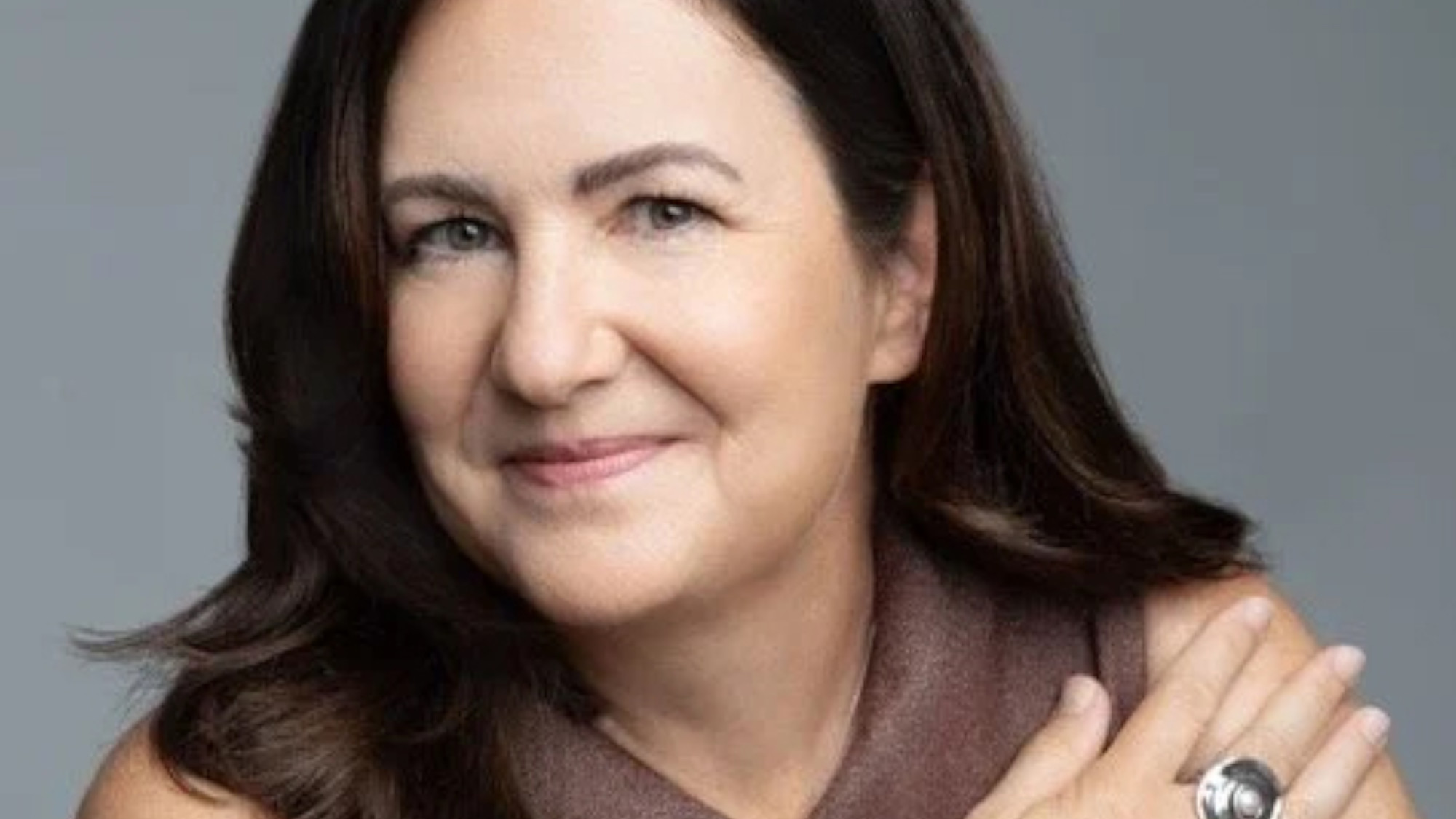Dan Brown's 6 favorite books
The 'Da Vinci Code' author discusses his own bookshelf
A free daily email with the biggest news stories of the day – and the best features from TheWeek.com
You are now subscribed
Your newsletter sign-up was successful
Dan Brown is the author of The Da Vinci Code and Angels and Demons. His new novel, The Lost Symbol, was published in September.
Recently, he told The Week about his six favorite books:
Gödel, Escher, Bach by Douglas Hofstadter. For anyone interested in the interrelation of different sciences and art forms, this book can be used as an eye-opening appetizer, a main course, or a delicious desert. I’m the son of a mathematician and a musician, so the interrelations were right up my alley.
The Week
Escape your echo chamber. Get the facts behind the news, plus analysis from multiple perspectives.

Sign up for The Week's Free Newsletters
From our morning news briefing to a weekly Good News Newsletter, get the best of The Week delivered directly to your inbox.
From our morning news briefing to a weekly Good News Newsletter, get the best of The Week delivered directly to your inbox.
Codes, Ciphers, & Other Cryptic & Clandestine Communication by Fred Wrixon. This is a phenomenal encyclopedia covering the art, science, history, and philosophy of cryptology. From the first Sumerian tablet ciphers to modern-day computer encryption, this illustrated timeline explores hundreds of cryptologic methods in addition to the men and women who developed them. Of particular interest are the battlefield codes used by the American founding fathers during the Revolutionary War.
Of Mice and Men by John Steinbeck. Simple, suspenseful, and poignant. Better yet, the first paragraph of every chapter is a master class in writing effective description.
Wordplay: Ambigrams and Reflections on the Art of Ambigrams by John Langdon. John Langdon is one of the world’s true artistic geniuses. This book, in addition to being wonderfully entertaining, changed the way I think about symmetry, art and language. Read this, and you will never again look at religious icons or corporate logos in the same way.
Much Ado About Nothing by William Shakespeare. I didn’t understand how funny this play truly was until I became an English teacher and had to teach it. There is no wittier dialogue anywhere.
A free daily email with the biggest news stories of the day – and the best features from TheWeek.com
The Puzzle Palace by James Bamford. Although dated, this book is still one of the most captivating looks inside the cover world of America’s premier intelligence agency, the National Security Agency. Bamford’s description of the longstanding synergy between the U.S. and Britain, who brilliantly exploit a loophole in the law that enables them to spy legally on American and British civilians, is particularly fascinating.
-
 Why is the Trump administration talking about ‘Western civilization’?
Why is the Trump administration talking about ‘Western civilization’?Talking Points Rubio says Europe, US bonded by religion and ancestry
-
 Quentin Deranque: a student’s death energizes the French far right
Quentin Deranque: a student’s death energizes the French far rightIN THE SPOTLIGHT Reactions to the violent killing of an ultraconservative activist offer a glimpse at the culture wars roiling France ahead of next year’s elections
-
 Secured vs. unsecured loans: how do they differ and which is better?
Secured vs. unsecured loans: how do they differ and which is better?the explainer They are distinguished by the level of risk and the inclusion of collateral
-
 Beth Macy’s 6 favorite books about living in a divided nation
Beth Macy’s 6 favorite books about living in a divided nationFeature The journalist recommends works by Nicholas Buccola, Matthew Desmond, and more
-
 Gilbert King’s 6 favorite books about the search for justice
Gilbert King’s 6 favorite books about the search for justiceFeature The journalist recommends works by Bryan Stevenson, David Grann, and more
-
 Nathan Harris’ 6 favorite books that turn adventures into revelations
Nathan Harris’ 6 favorite books that turn adventures into revelationsFeature The author recommends works by Kazuo Ishiguro, Ian McGuire, and more
-
 Marisa Silver’s 6 favorite books that capture a lifetime
Marisa Silver’s 6 favorite books that capture a lifetimeFeature The author recommends works by John Williams, Ian McEwan, and more
-
 Lou Berney’s 6 favorite books with powerful storytelling
Lou Berney’s 6 favorite books with powerful storytellingFeature The award-winning author recommends works by Dorothy B. Hughes, James McBride, and more
-
 Elizabeth Gilbert’s favorite books about women overcoming difficulties
Elizabeth Gilbert’s favorite books about women overcoming difficultiesFeature The author recommends works by Tove Jansson, Lauren Groff, and more
-
 Fannie Flagg’s 6 favorite books that sparked her imagination
Fannie Flagg’s 6 favorite books that sparked her imaginationFeature The author recommends works by Johanna Spyri, John Steinbeck, and more
-
 Jessica Francis Kane's 6 favorite books that prove less is more
Jessica Francis Kane's 6 favorite books that prove less is moreFeature The author recommends works by Penelope Fitzgerald, Marie-Helene Bertino, and more